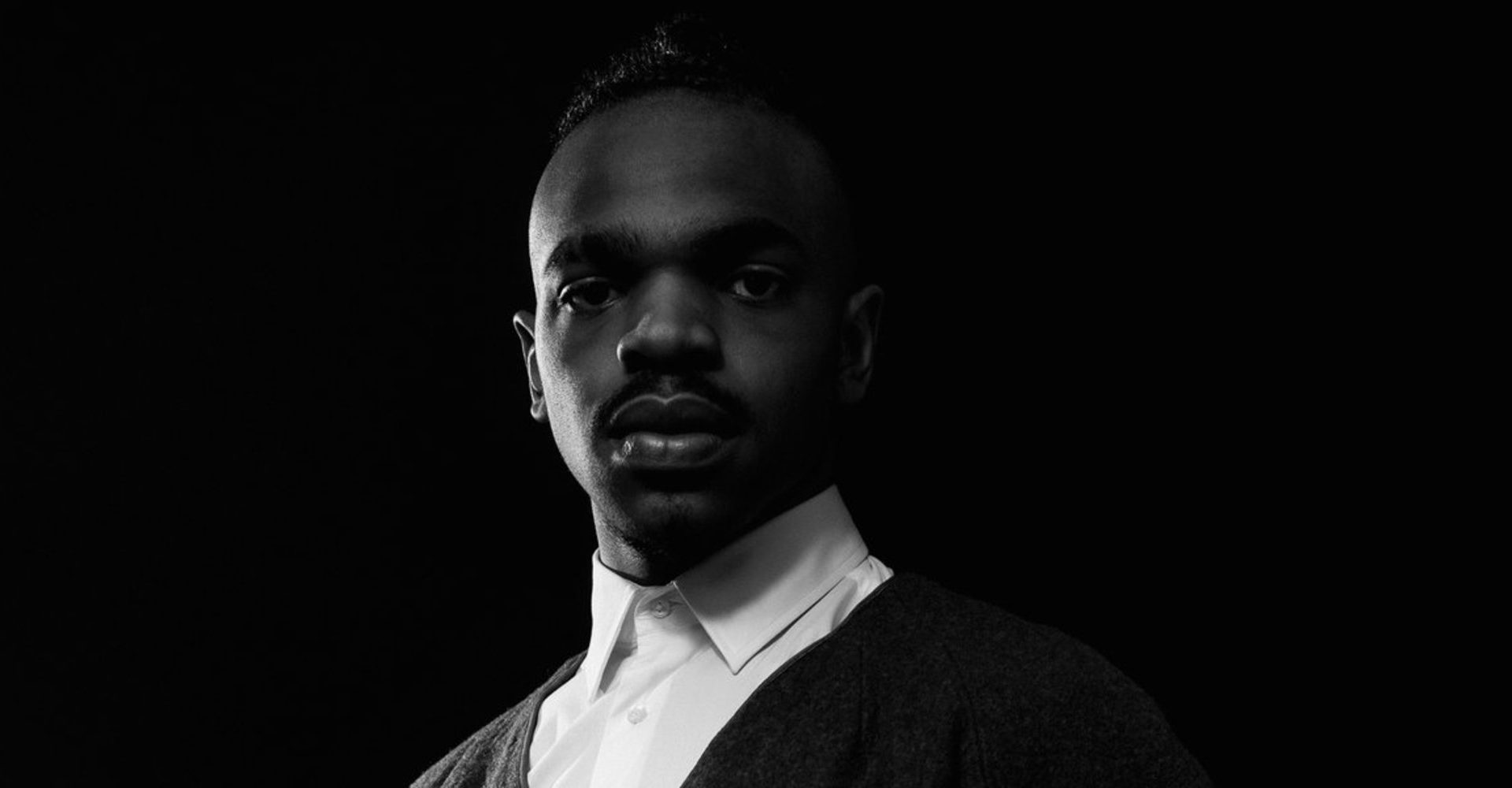A Healthy Dose of Veggies: A Review of KAMAUU's MíXD GRēēNS
After a much awaited return to the main music scene, KAMAUU releases new EP on July 30, 2019. KAMAUU fell into my lap in February 2018. It was a wintery Sunday. I was sitting in a classroom full of friends, and we were all sharing music....
After a much awaited return to the main music scene, KAMAUU releases new EP on July 30, 2019.
KAMAUU fell into my lap in February 2018. It was a wintery Sunday. I was sitting in a classroom full of friends, and we were all sharing music. KAMAUU’s first full length album ûRTH GōLD had dropped in the September prior, and now, “Lăvĭndŭr,” was filling the speakers. Two years have passed since then. And the artist’s single “Bad For You” which he released in August of 2018 has left his fans eagerly awaiting for more. And this new EP, MíXD GRēēNS, has been more than worth the wait.
The attraction to the artist makes sense. KAMAUU’s work has consistently demonstrated incredible musicality, intricately weaving together harmonies and creating unconventional and unpredictable melodies. Describing KAMAUU’s sound is difficult. R&B, rap, and soul all seem too simplistic for unique craft and skill specific to the artist. His music shows clear influence of late 90s and early 2000s artists, some elements of doo wop, along with a strong African funk influence seen through his choices in percussive instruments and large choral harmonies and sounds. In many ways, his instrumentals are meant to merely assist his vocal arrangements rather than create the main melody, a unique spin on modern music. His music is uplifting, up tempo, and widely varied, highlighting the breadth of his talent.
This EP, MíXD GRēēNS, is no different; its a showcase of intentionality and masterful lyricism. The four tracks on the release flow seamlessly between one another. On the opening track, “bamboo,” KAMAUU uses a dizi flute to underscore the two minutes and twenty-seven seconds. The instrument is one common in traditional Chinese instrumental music, and it is an instrument made from bamboo. His artistic choices transcend the mere sonic qualities of song making and beyond basic harmony-melody composition. The choice to use a bamboo flute on a track called “bamboo” on an EP about plants, is a display of artistic wit and genius that can often be left behind in modern music making. KAMAUU, in his choices, demands the audience’s attention and asks us to pay as much attention to his behind the scenes choices as well as our overall impression of the song.
These techniques continue throughout the EP, and the intentionality is never lost. “ivy” displays his most expected sound with opening brass instruments and a bumping bass that rattles your bones. The song echoes a call and response typical in the artist’s music, as he continuously plays with repetition and layering. There’s no distinct verse or chorus, with the chant “try me/try me/ i give a damn” interspersed throughout the song unequal measures apart. The opening refrain which begins with “You’re apart of me” is also repeated and resembles the closest verse structure though the lyrics that follow the phrase change slightly each time, and the melodic accompaniment backing these words stays largely the same. His songs become cyclical rather than linear in a way that further validates my need to play each song on constant repeat.
The other two songs on the extended play, “absinthe” and “clover” are my favorites for different reasons. “absinthe” is a cacophony of the most beautiful discord. It’s chaotic and jumpy, full of fun electronic beats that accentuate KAMAUU’s twangy, emotionally saturated voice. The song sounds like absinthe itself, like a trip down the rabbit hole, without any distinct structure. The choir of voices leaves you fully immersed in the experience of wholly listening to the music. “I got some water from the faucet and I hope and dream/that you find this delightful enough to share a drink/they say sharing is caring let’s share the therapy” he sings, surely a call to the properties of physical absinthe which is a form of alcohol known for inspiring hallucinations. The drink has also been rumored to have medicinal effects though many harmful repercussions accompany these alleged benefits. He continues, “gotta make you sweat first” calling to attention another common symptom of the mystical liquid (also frequently used in literary symbolism).
Then, there’s “clover” a love ballad that is simultaneously sensual and soft. “clover’s” heavy melody is saturated with perfect minor chord based harmonies. He’s singing to a lover, and though his lyrics remain uncomplicated, they never seem overly simple. The song feels full, vibrant, emotional. “Love is best with no end date” he sings out as backup singers repeat a refrain — “don’t dont don’t don’t die” — that underscores the four minute tune. It’s funky and fun and still feels fresh and new. Most uniquely, the song seems to be composed as an a cappella arrangement with the sparsely plunked piano chords as an adage to an already complete composition, a tool for emphasis rather than cohesion. The beatboxer provides the percussion, and the choir takes charge of virtually every other element in the piece. A visual for “clover” was released yesterday, August 2 which displays KAMAUU and a lover visibly infatuated with one another.
KAMAUU’s artistic sensibilities don’t stop at merely at the music either, the entirety of the album’s creation is part of his work; his conscious decision to consistently capitalize consonants while adding accent and intonation marks to lowercase vowels all contribute to his quirky, powerful essence. He has motive, and produces his work because of his own will and attraction to his craft rather than the benefits of fame and production. KAMAUU is anything but cliché even when singing about romance and relationships, a theme that has been done to death in the music industry. He seems to define musical elements and techniques rather than those defining him. He is his own sub genre. And each of these qualities is evident throughout this release. The EP and song titles play with each other, the name being Mixed Greens but the individual songs pertaining to specific plants. All tied together, each decision points to the EP’s larger theme: growth. It’s a call to us as an audience, but also an EP of KAMAUU’s self reflection. It’s an acknowledgement of the two years of his fans’ waiting for new music, but a request and demand for understanding that in this time that KAMAUU, like many of us, has been growing.

